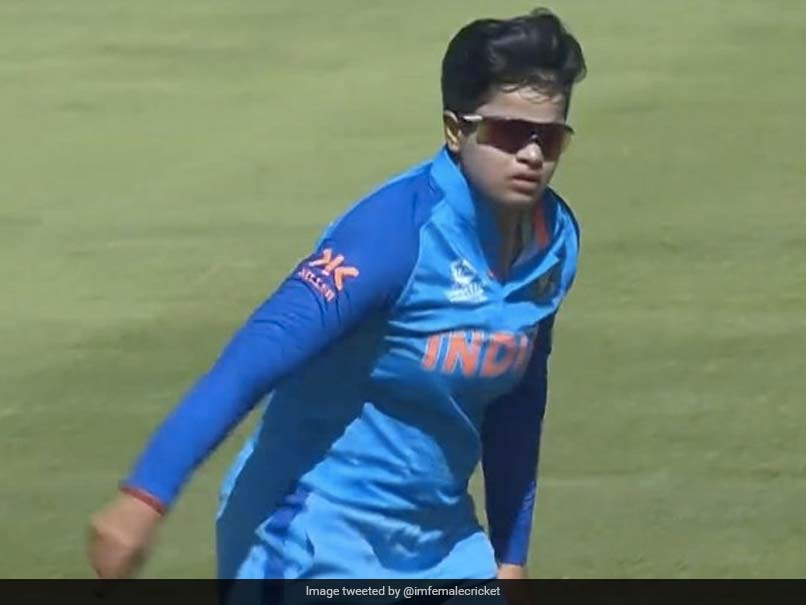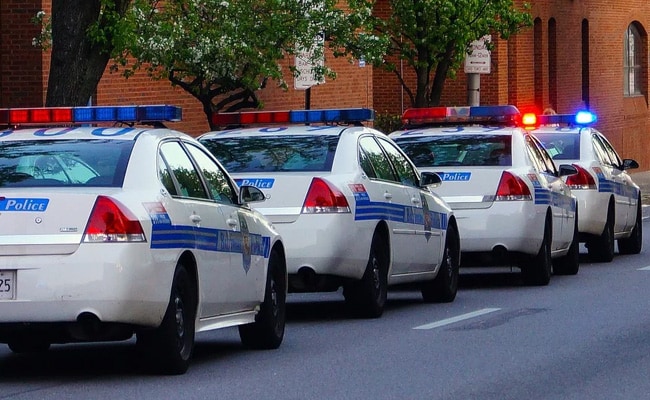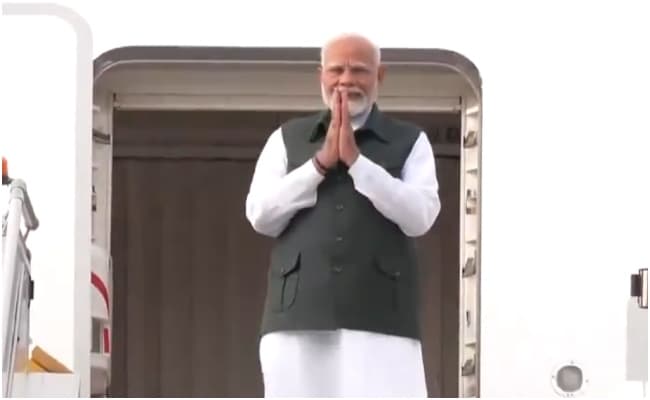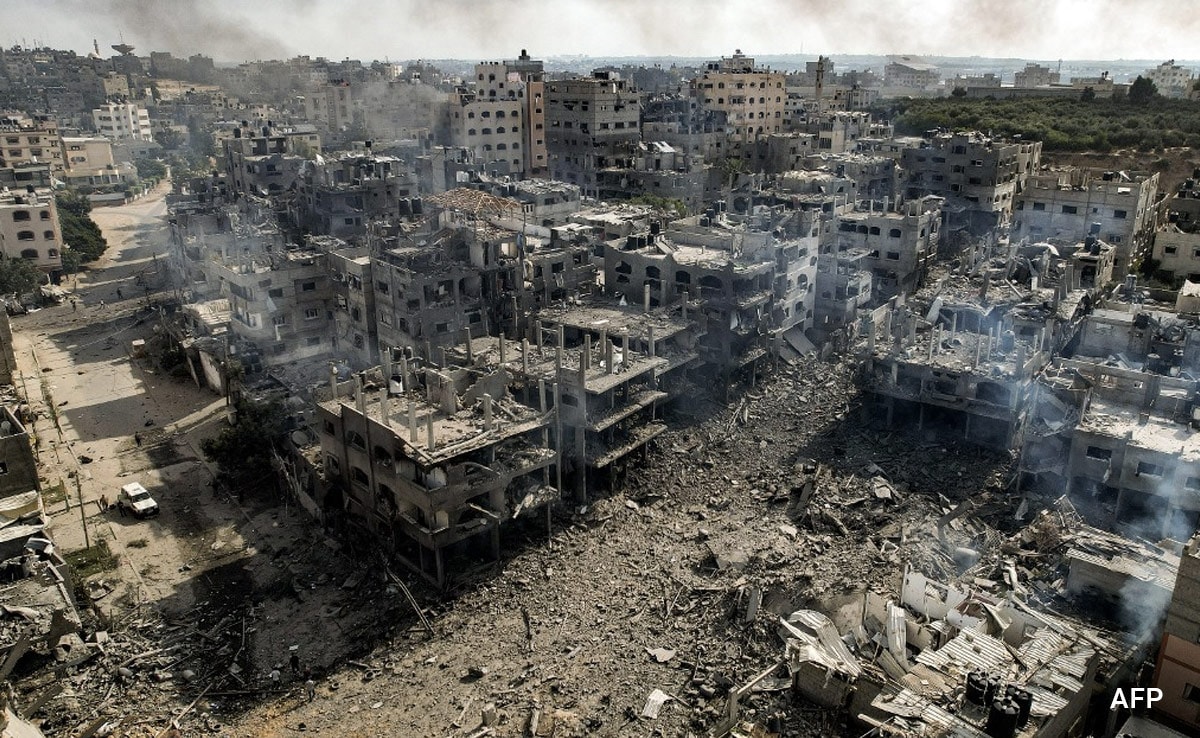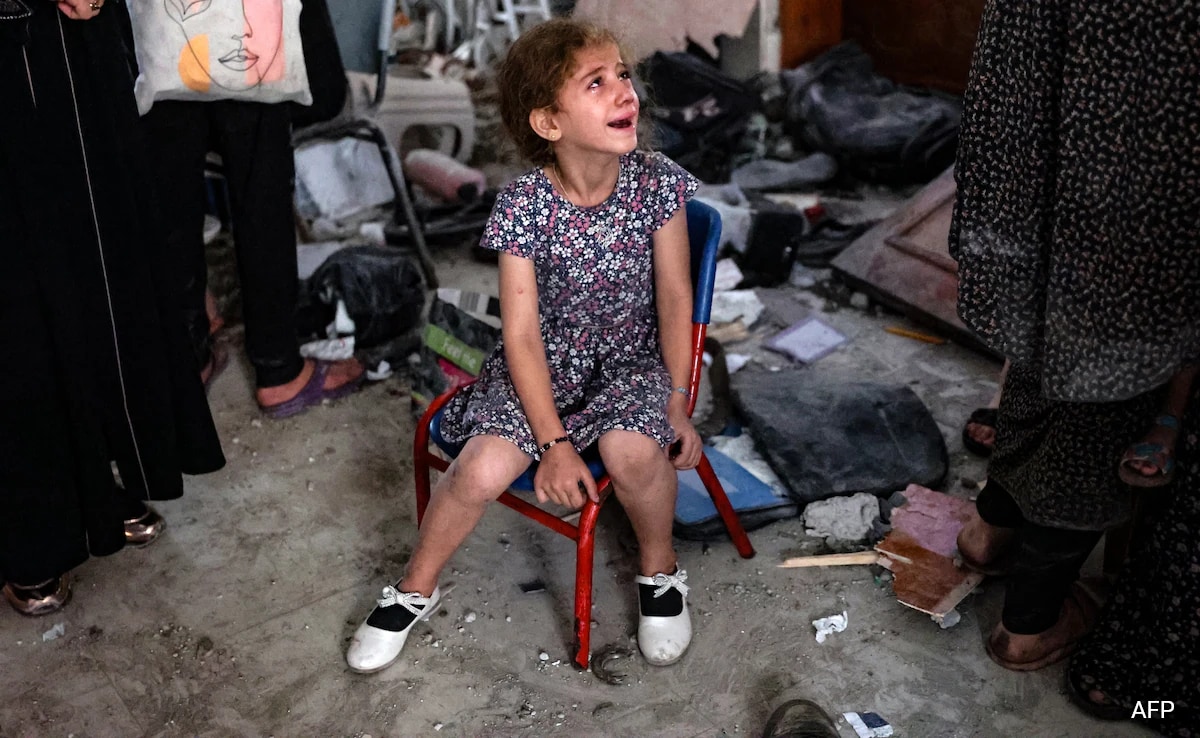File picture of Bangladesh’s former Prime Minister Sheikh Hasina
| Photo Credit: Reuters
Bangladesh’s former Prime Minister Sheikh Hasina and her associates are currently entwined in a complex web of legal challenges, with the total number of cases against her surpassing 100. These cases encompass a range of serious charges, including murder, crimes against humanity and more.
Following the downfall of her Bangladesh Awami League-led government on August 5 due to widespread student and public protests, the first case against Ms. Hasina was filed on August 13 in Dhaka. The hundredth case was registered on August 29 at the International Crimes Tribunal.

The latest case involves Ms. Hasina, several former ministers, Members of Parliament and a number of journalists. The complaints include genocide and crimes against humanity. Eight of these cases have been referred to the International Crimes Tribunal, while at least 92 have been filed at various police stations nationwide, bringing the total to over 100 cases. One case involves charges of abduction and enforced disappearance.
Recent cases
On Thursday (August 29), Ms. Hasina was charged with genocide and crimes against humanity at the International Crimes Tribunal. These charges are linked to the killing of Nasib Hasan Riyan, a 17-year-old student from Bangladesh Chemical Industries Corporation College in Mirpur of Dhaka, who was fatally shot during an anti-discrimination student protest on August 5. The case, filed on behalf of Riyan’s father Golam Razzak by Supreme Court lawyer Gazi M.H. Tamim, accuses 53 individuals, including former ministers, 29 journalists and two professors.
On the same day, Fatema Begum, widow of labour leader Hasan Mahmud, who was killed in Goran, Khilgaon on July 31, filed a case against Ms. Hasina and 34 others with Dhaka’s Additional Chief Metropolitan Magistrate Mahbubul Haque.
Moreover, Kismat Ara, mother of 25-year-old Nadimul Islam Aleem, who died on July 19 in Sutrapur, Dhaka, filed a case against Ms. Hasina and 88 others with Dhaka Metropolitan Magistrate Tariqul Islam.
In a separate incident related to the death of six people during a clash between Border Guard Bangladesh members and protesters in Sreepur, Gazipur, two murder cases were filed at Sreepur Model Police Station by relatives of the deceased. Among the accused are Ms. Hasina, Awami League general secretary Obaidul Quader, former Home Minister Asaduzzaman Khan, and a total of 95 individuals, in addition to 1,100 unidentified suspects.
In connection with the murder of BNP activist Sheikh Sazzaduzaman Jiko on October 22, 2022, a case was filed at Fulbaria Police Station by SM Monirul Hasan Bappi, the member secretary of Khulna District BNP.
Ms. Hasina had resigned and fled to India on August 5 amid unprecedented student-led protests over a controversial job quota system. An interim government, led by 84-year-old Nobel laureate Muhammad Yunus, has since taken over.
The violence following Ms. Hasina’s departure to India has resulted in over 230 deaths across Bangladesh, with the toll crossing 600 since the massive protests began in mid-July. After the fall of the Awami League government, several key ministers, MPs and leaders have been arrested and many went into hiding.

